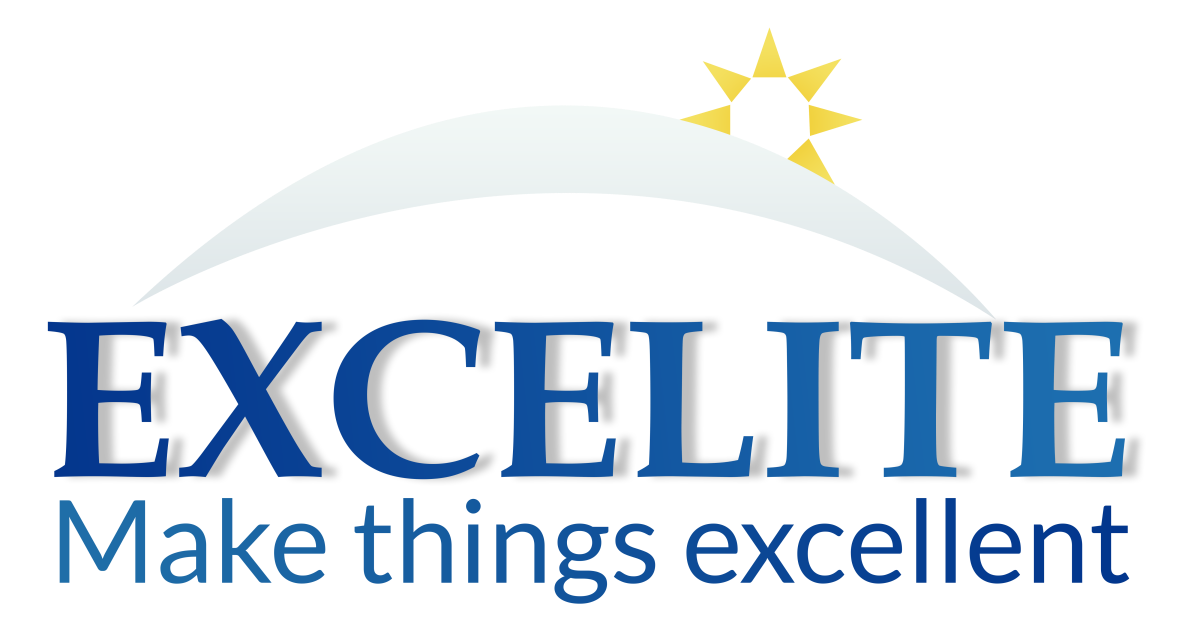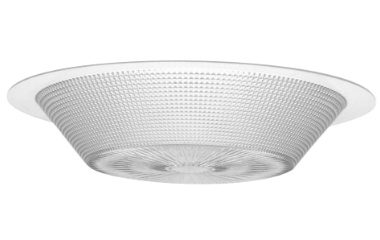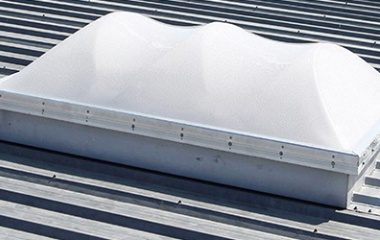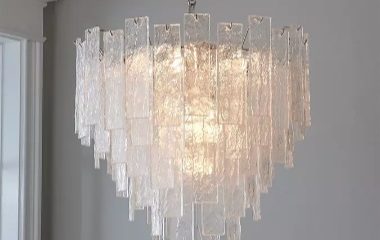CNC machining polycarbonate and water jet cutting polycarbonate
The ultra-thick polycarbonate sheet is compatible with various cutting methods like electronic cutting machines, plate cutting machines, CNC milling, and water jet cutting. Among these, CNC milling and ultra-high-pressure water jet cutting are highly recommended for thick polycarbonate.
Waterjet cutting come in two types: Abrasive Water Jet and Pure Water Jet Cutting. Pure waterjet cutting helps maintain the physical and chemical properties of the ultra-thick polycarbonate sheet and provides a superior, polished surface. For polycarbonate sheets thicker than 200mm, abrasive waterjet cutting offers high speed and pressure, aiding in efficient cutting. Finer abrasive particle sizes result in a better polishing effect and improved cutting surface finish. With waterjet technology surpassing ultra-high pressures of 520MPa, it can effectively cut ultra-thick polycarbonate sheets exceeding 300mm in thickness.



